June 12, 1993, stands as one of the most defining moments in Nigeria’s democratic history. Despite its annulment, it remains a symbol of the people’s will and resilience. As Nigeria marks Democracy Day, here are 15 key facts to deepen your understanding of that momentous day:
1. It Was Nigeria’s Freest and Fairest Election (So Far)
Observers and political analysts widely agree that the June 12, 1993 election was Nigeria’s most transparent and peaceful general election.
2. MKO Abiola Was the Presumed Winner
Chief Moshood Kashimawo Olawale (MKO) Abiola, the Social Democratic Party (SDP) candidate, won the election with a significant margin—estimated at over 58% of the vote.
3. His Opponent Was Bashir Tofa of the NRC
Abiola defeated National Republican Convention (NRC) candidate Bashir Tofa—even in his home state, Kano—an unusual feat in Nigerian politics.
4. It Was the First Time Nigerians Voted Across Ethnic and Religious Lines
Abiola, a Yoruba Muslim, won in northern states and secured a Christian running mate, Baba Gana Kingibe—breaking ethnic and religious voting patterns.
5. The Election Used an ‘Option A4’ Voting System
Voters queued behind their preferred candidates—a simple, transparent, and surprisingly efficient process introduced by the Babangida administration.
6. The Military Regime Annulled the Results
Despite being free and fair, the election was annulled by the then-military Head of State, General Ibrahim Babangida, citing court injunctions and security concerns.
7. Nationwide Protests Erupted
The annulment triggered widespread protests and civil disobedience, especially in the South-West, leading to political instability.
8. Abiola Declared Himself President
On June 11, 1994, a year after the annulment, MKO Abiola declared himself president in a public address, leading to his arrest and eventual incarceration.
9. Abiola Died in Detention
He was detained for four years and died under mysterious circumstances on July 7, 1998, just before his anticipated release.
10. June 12 Became a Symbol of Democratic Struggle
Despite the annulment, June 12 became a rallying point for pro-democracy activists and civil society groups demanding an end to military rule.
11. Lagos and Other States Observed It Before the Federal Government
Before it became a national holiday, states like Lagos, Ogun, and Oyo had already declared June 12 a public holiday.
12. Buhari Declared June 12 as Democracy Day in 2018
President Muhammadu Buhari officially changed Nigeria’s Democracy Day from May 29 to June 12 in 2018 to honor the significance of the 1993 election.
13. MKO Was Posthumously Honored with GCFR
In the same 2018 announcement, Buhari awarded MKO Abiola the Grand Commander of the Federal Republic (GCFR), Nigeria’s highest national honor usually reserved for presidents.
14. The Abuja Stadium Was Renamed After Abiola
The National Stadium in Abuja was renamed Moshood Abiola National Stadium in his honor.
15. June 12 Lives On in Nigeria’s Political Consciousness
Beyond a holiday, June 12 represents the voice of the people, the fight against authoritarianism, and the dream of a truly inclusive democracy.






























































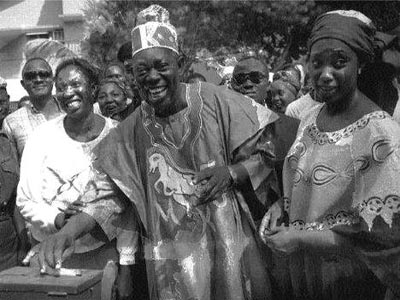




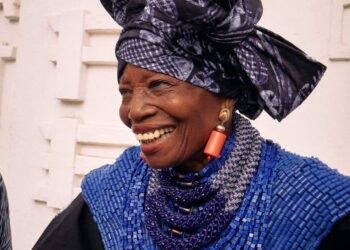

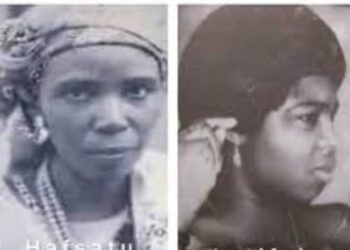
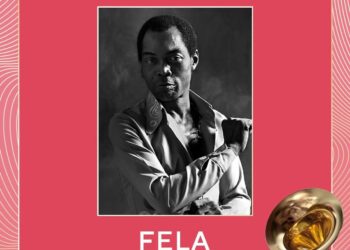

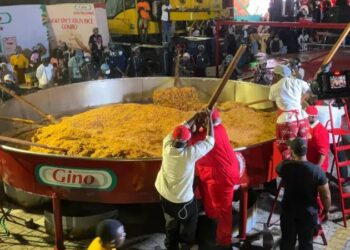










 EduTimes Africa, a product of Education Times Africa, is a magazine publication that aims to lend its support to close the yawning gap in Africa's educational development.
EduTimes Africa, a product of Education Times Africa, is a magazine publication that aims to lend its support to close the yawning gap in Africa's educational development.